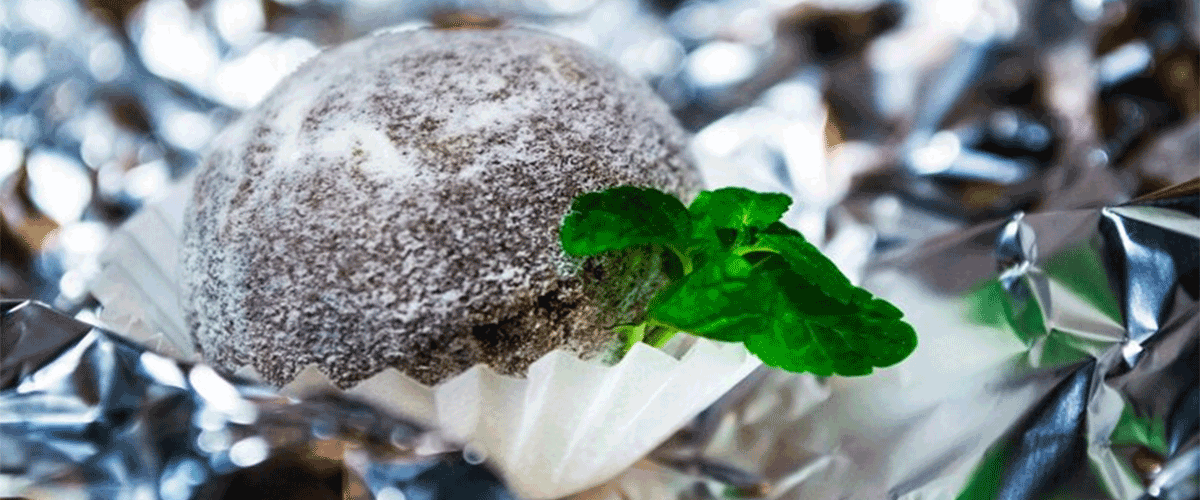(An Autonomous Body Recognized by Ministry of Commerce & Industry, Government of India)
Competency based placement focussed Education | Training | Research | Consultancy

Microplastics May Worsen Climate Change by Disrupting Carbon Storage, Scientists Warn
While plastic production already accounts for about 5% of global greenhouse gas emissions, new research suggests its climate impact may be even greater than currently estimated. A report from the Plastics & Climate Project reveals that microplastics may interfere with key natural systems that store carbon, such as oceans and soils—an effect not yet reflected in most climate models. In the ocean, microplastics disrupt marine snow and plankton behavior, which are crucial for carbon sequestration. On land, they may alter microbial activity that helps lock carbon in soil. Researchers also warn that plastics might affect Earth’s reflectivity—changing how sunlight interacts with snow, ice, and clouds—and release methane as they degrade. These findings point to an overlooked threat: plastic pollution may be weakening the planet’s natural defenses against global warming. Scientists stress the need for urgent research and policy action to fully account for plastic’s hidden role in accelerating climate change.
22-05-2025
📰 Recent News
- Warming Seas and Human Pressures Threaten California’s Sea Otters
- Global Seafood Trade Spreads ‘Forever Chemicals’ Beyond Pollution Hotspots
- Former Officials Warn of Unprecedented Rollback at US Environmental Agency
- US Policy Shift Intensifies Bayer’s Roundup Legal Battle
- European Parliament requests EFSA review on microplastics in food, water, and air
- Study Links PFAS-Contaminated Water to Severe Infant Health Risks
- Washington Program Targets Safe Disposal of PFAS Firefighting Foam
- EU Pesticide Review Proposal Sparks Backlash from Environmental Groups
- Nature Sustainability Showcases Safer Bisphenol Design Approach
- Chemical Pollution Linked to Rising Men’s Health Risks in Europe, Report Warns
